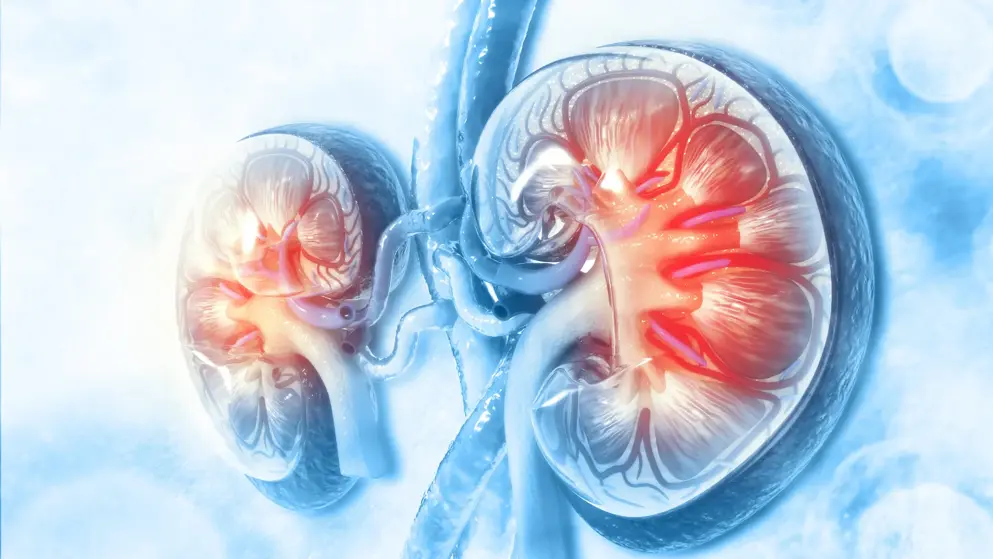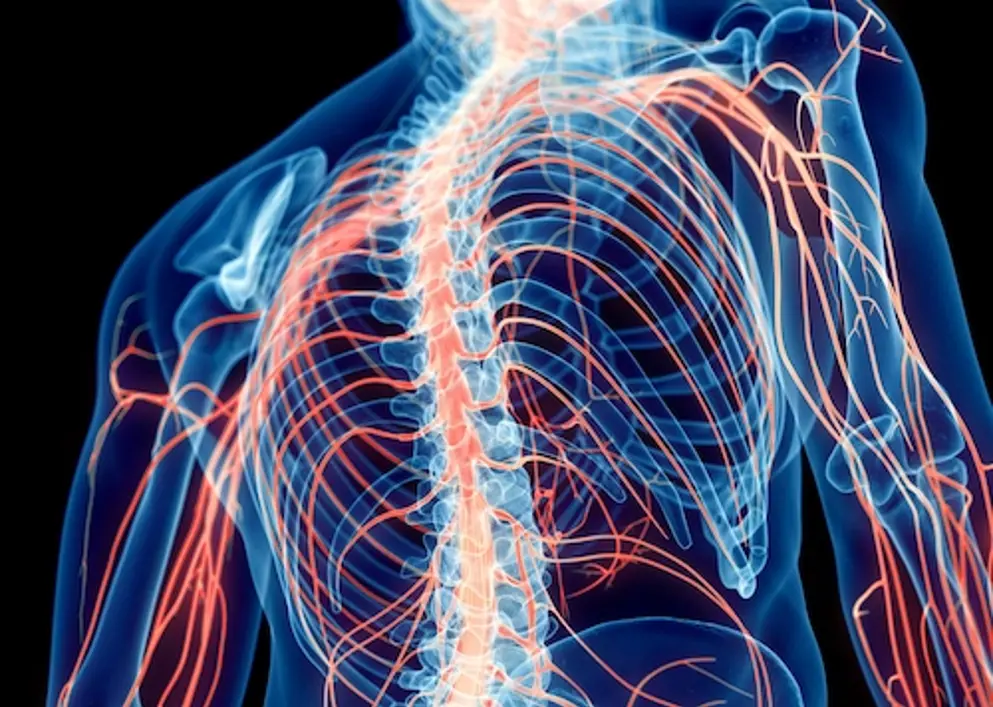Chronic kidney disease and kidney stones
Chronic kidney disease and kidney stones
Purpose of review: Both chronic kidney disease (CKD) and kidney stones are major public health problems, which are closely interrelated. Recurrent kidney stones predispose to CKD although CKD seems to decrease risk of further kidney stone formation. Herein, we review new information of this interrelationship.
Recent findings: Several epidemiological studies in the past have shown an association between history of kidney stones and risk for CKD and CKD progression. Recent literature supports this concept and it is reviewed in this article. The issue of whether CKD protects against new kidney stone formation remains unsettled and there is no recent literature addressing it. In relation to stone risk factors in CKD, there are several interesting new articles that discuss mechanisms of hypocitraturia in early CKD before overt metabolic acidosis. Since hypocitraturia is an important risk factor for kidney stone formation we addressed these new data in detail. There are also new data supporting urinary oxalate excretion as a predictor of CKD progression.
Summary: It seems clear that recurrent kidney stones should be avoided not only because of their immediate clinical manifestations but also because of their long-term predisposition to CKD progression. Mechanisms leading to hypocitraturia in early CKD still remain controversial.
Read abstract on library site Access full article





